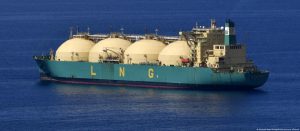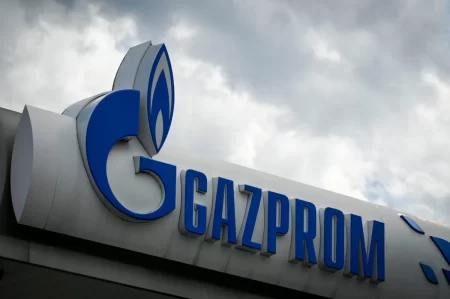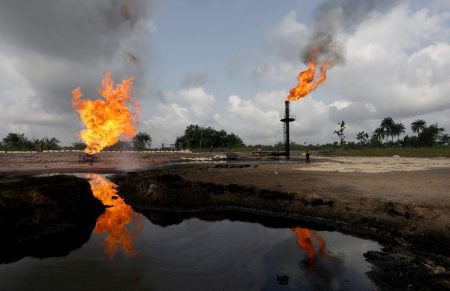
London — Asian spot liquefied natural gas (LNG) prices rose this week as a cold snap boosted winter demand and sent some Chinese players back to the market, narrowing the spread with Europe, where gas demand for heating rose above 2021 levels.
The average LNG price for February delivery into northeast Asia LNG-AS was $38 per million British thermal units (mmBtu), up $1, or 2.7%, from the previous week, industry sources estimated.
“Volatility has gone up. Spot activity from China has pushed up front-month pricing and narrowed the spread to Europe. Cold weather forecasts have brought back spot activity from North Asia and prices have pushed in to the mid-upper 30’s,” said Toby Copson, global head of trading and advisory at Trident LNG.
“China’s return to spot could spark a push from others hoping not to get caught in the near-term tightening market and bring more volatility,” he said.
China’s CNOOC has bought four to six LNG cargoes for delivery over February to December next year, in one of the largest spot purchases this year.
“Inventory draws start to ramp as we move into peak winter and end users/utilities need to actively manage this accordingly,” said Tobias Davis, head of LNG-Asia at brokerage firm Tullett Prebon.
“Given we currently see a divergence in weather patterns between the two basins, if the Far East requires incremental volumes it will need to fight to pull molecules away from the Atlantic, potentially opening up the arbitrage (cargo diversion from one market to another) for the first time in many months,” Davis added.
In Europe, below average temperatures are expected to return across the continent before end-December, coupled with low wind and solar energy generation.
S&P Global Commodity Insights (SPGCI) assessed its daily Northwest Europe LNG Marker (NWM) price benchmark, for cargoes delivered in January on ex-ship (DES) basis, at $37.704/mmBtu on Dec. 15, a discount of $4.325/mmBtu to the January gas price at the Dutch gas TTF hub.
“The recent northern hemisphere cold snap has pushed prices higher, but with storage levels now more than amply full prices are likely to soften over the near-term due to ongoing industrial and consumer-led demand destruction and especially if the warmer weather in EU arrives as it is predicted,” said Jamie Maddock, equity research analyst at Quilter Cheviot.
Despite reduction efforts, gas demand in the residential and commercial sectors in Europe have increased above 2021 levels, according to Edmund Siau, LNG analyst at consultancy FGE, who said that continued efforts to reduce consumption and increase LNG supplies will be needed through winter and beyond.
LNG freight rates have continued its downtrend, albeit at a slower pace due to the quiet year-end period, as vessel availability remains higher, helped by floating storage vessel discharges, according to Henry Bennett, global head of pricing at Spark Commodities.
Spark’s Atlantic rate on Friday fell to $161,250/day while the Pacific rate fell to $163,250/day.
(Reporting by Marwa Rashad; Editing by Nina Chestney) – Reuters
Follow us on twitter



